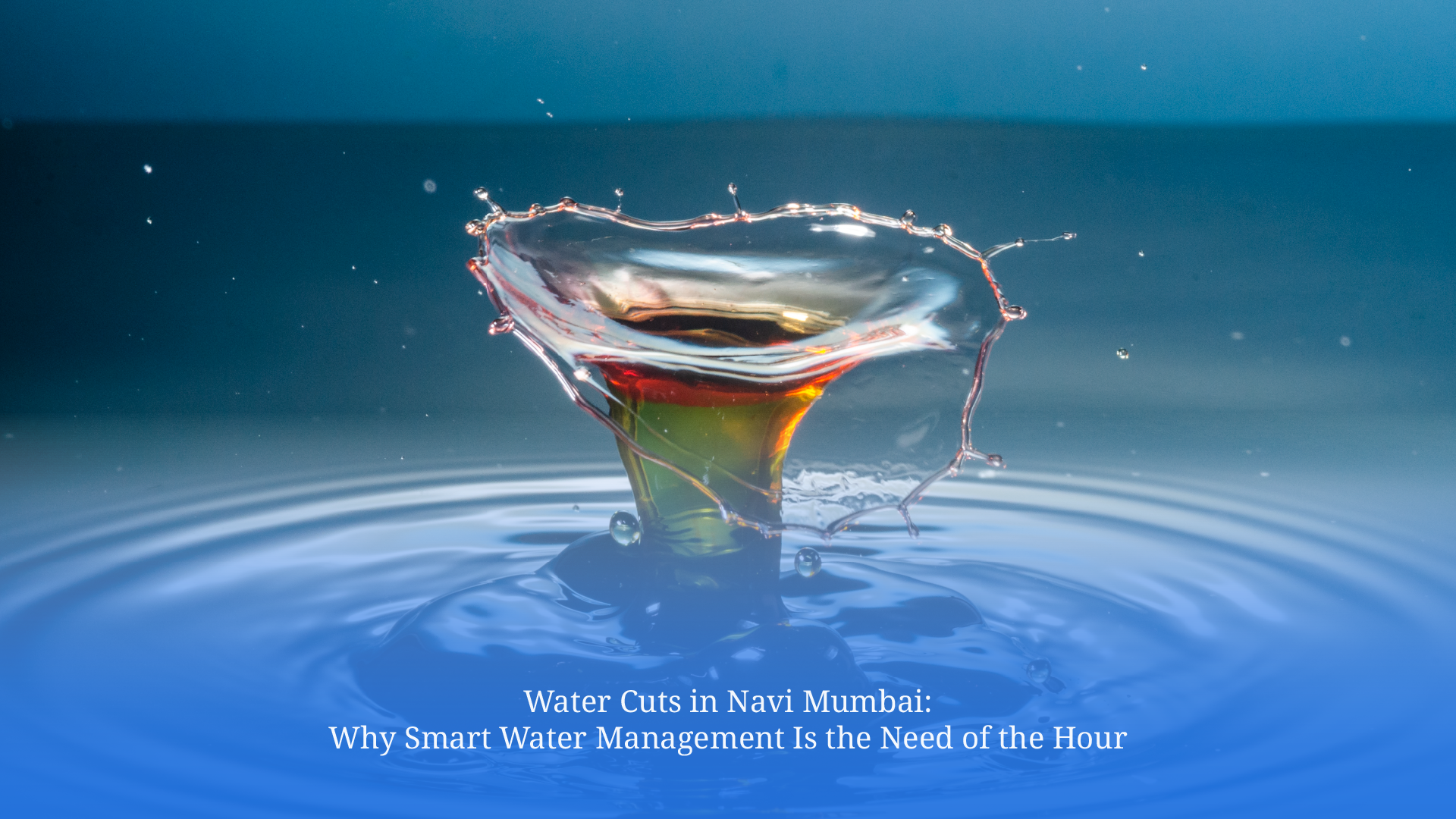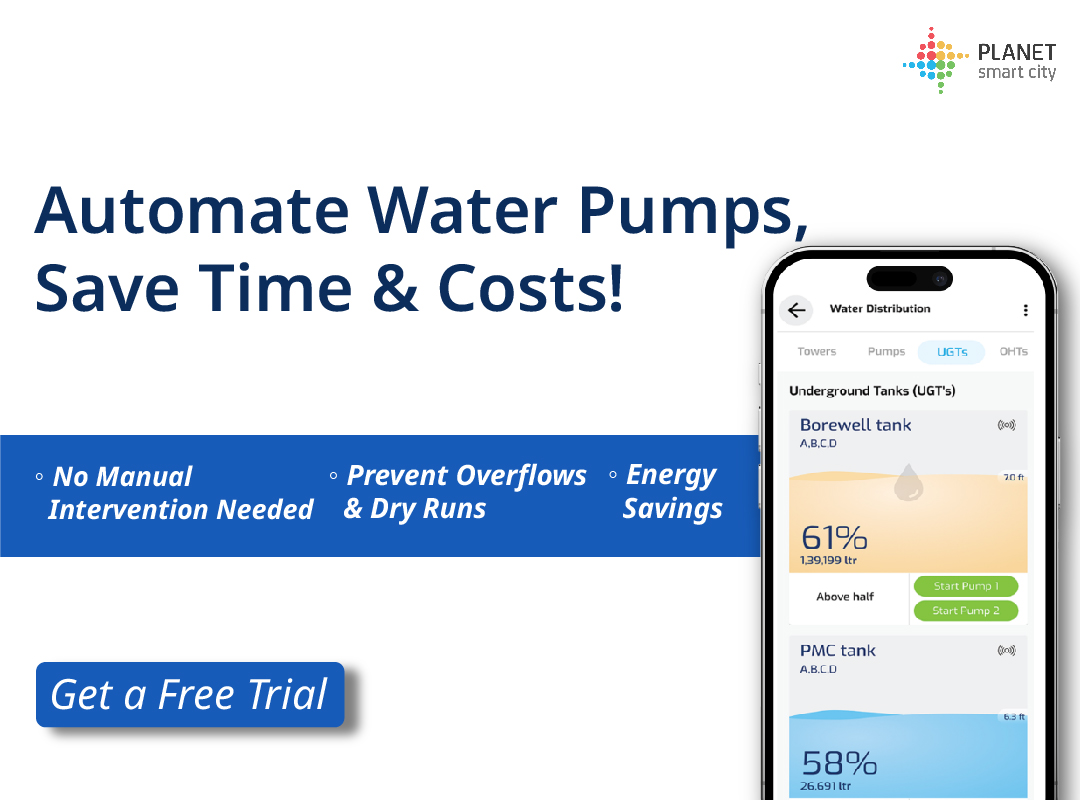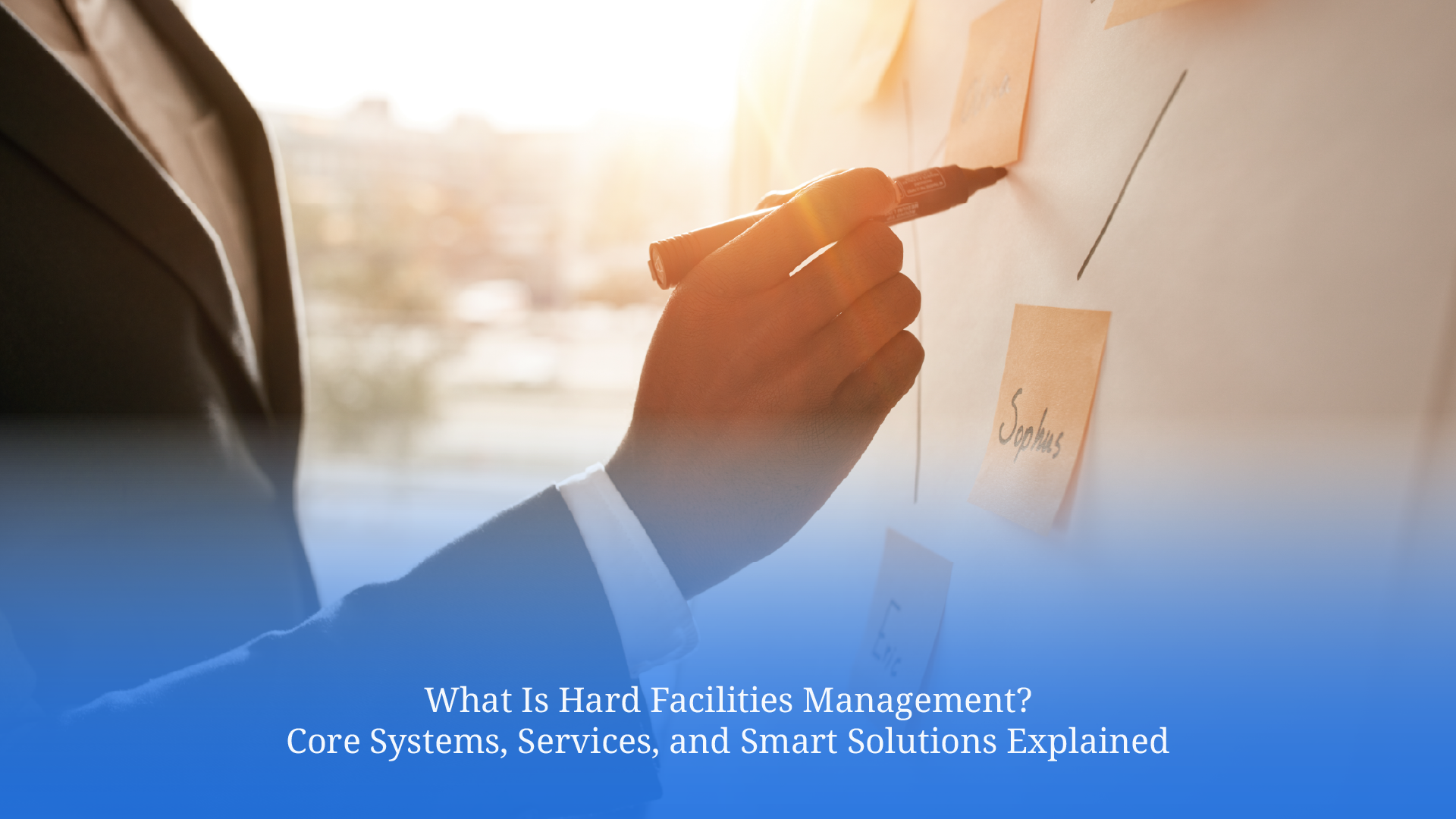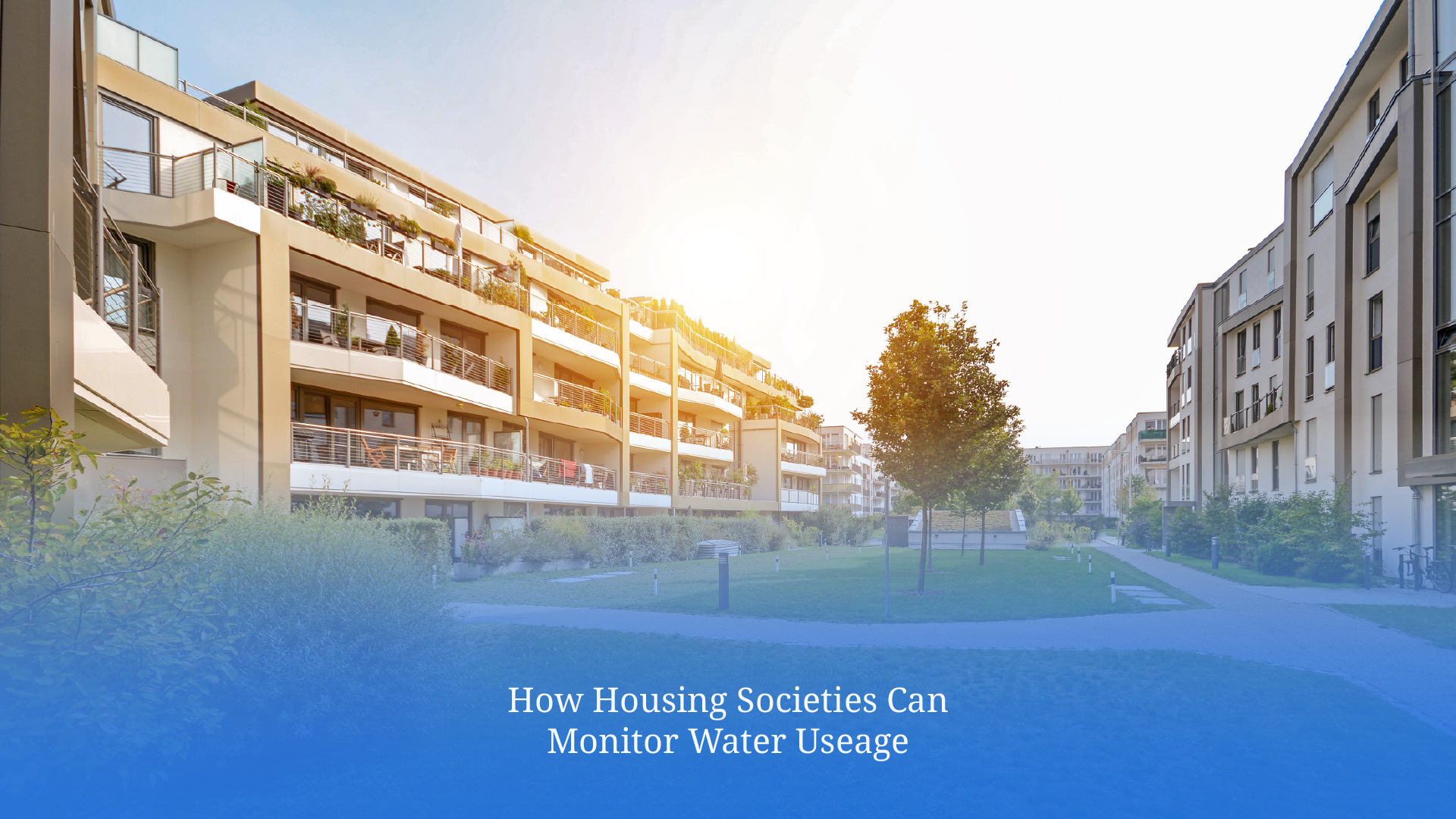Water Cuts in Navi Mumbai: Why Smart Water Management Is the Need of the Hour

In recent months, many housing societies across Navi Mumbai have reported frequent and prolonged water cuts. What once seemed like an occasional inconvenience has now become a routine disruption. These shortages not only affect domestic schedules but also impact the broader functioning of gated communities, including facility services, hygiene maintenance and emergency preparedness. In a city known for its planned development and wide roads, the unpredictability of water supply feels contradictory. Understanding the reasons behind these cuts and finding long-term solutions is now essential for both RWAs and residents.
How Frequent Cuts Disrupt Daily Life in Navi Mumbai
Water cuts affect much more than just drinking and cooking needs. When water is not available for a few hours or days, daily life grinds to a halt:
- Household chores get disrupted. Cleaning, bathing and cooking require adjustments. Many families have to store water in buckets, which is unhygienic and inconvenient.
- Domestic help timings are affected. Maids and cooks often cannot complete their work if water is not available during their scheduled hours.
- Society facilities are impacted. Swimming pools, gardens, restrooms in common areas and gyms remain unusable during longer outages.
- Children and elders face the most inconvenience. Their routines are tightly linked to water availability, especially during school days or medical needs.


Causes of Water Cuts in Navi Mumbai
The growing frequency of water cuts is not just a supply-side problem. Several infrastructure and management issues have compounded over time.
-
Ageing Pipelines and Overstretched Reservoirs
The water pipeline network in Navi Mumbai is decades old. Many sections suffer from leakages, corrosion and limited capacity. These ageing systems cannot keep up with the rising demand from growing residential clusters, especially in nodes like Kharghar, Kamothe and Panvel. Reservoirs often cannot store enough to service demand spikes.
-
Poor Coordination in Distribution
Water distribution across different sectors is not uniform. Some societies receive longer supply durations, while others face recurring low-pressure issues. Emergency repair work or political prioritisation during elections also disturbs equitable distribution.
-
Lack of Predictive Systems
Municipal water management still runs on legacy logs, with no real-time visibility into tank levels or line pressure. This makes it difficult for the system to react dynamically to changes in demand, leakages or outages. Delays in identifying problems often cause full-day cuts across multiple societies.
Hidden Costs of ‘Dial-a-Tanker’ Culture
To overcome the uncertainty, RWAs often resort to private water tankers. But this short-term solution brings multiple hidden challenges.
-
Financial Drain
The cost of each tanker delivery varies, depending on demand, distance and volume. Frequent reliance on tankers leads to monthly water bills that far exceed expected budgets. This raises society maintenance fees and causes dissatisfaction among residents.
-
Operational Chaos
Managing tankers requires coordination with drivers, tracking delivery timings, ensuring security access and supervising pump transfers. Facility teams are overburdened. A missed delivery or a delayed truck creates panic in the community.
-
Environmental Cost
Tanker fleets use diesel-heavy vehicles that operate throughout the day. This adds to the local carbon footprint and road congestion. Water sourced from far-off borewells or agricultural areas also contributes to ecological imbalance.
How Planet Smart City Delivers Smart Water Management
Planet Smart City’s integrated water management system provides a long-term, cost-effective alternative to the ‘tanker trap’. Its smart infrastructure focuses on optimisation, automation and transparency.
-
Tank Monitoring Sensors
Smart sensors are installed in underground and overhead tanks to track real-time water levels. Facility teams receive alerts when levels are low, helping them act proactively and avoid last-minute tanker rushes.
-
Smart Pump Controllers
Automatic pump systems manage water movement based on tank levels, pressure and usage time. This prevents overflows, dry runs and energy wastage. It also ensures that water is distributed evenly across blocks and towers.
-
Leak Detection and Flow Anomalies
The system flags irregularities in water usage patterns. Silent leaks or unexplained flow variations are caught early, helping RWAs reduce losses and schedule preventive maintenance.
-
Tanker Management Service
It allows you to order water tankers via call, WhatsApp, or SMS. You can also track deliveries and quantities in a manual log to keep distribution open and fair.
Fast-Track Implementation for RWAs
Setting up smart water management does not require full infrastructure overhauls. Planet Smart City’s system is designed for easy adoption:
-
Step 1: Understanding Pain Points
The team discusses water challenges and needs with the society.
-
Step 2: System Walkthrough
A demo of the system is provided to explain features and plan deployment.
-
Step 3: 15-Day Trial
The system is installed and 1-2 users get dummy access for a 15-day trial.
-
Step 4: Subscription & Follow-up
Users choose monthly or yearly subscriptions. Monthly subscription means zero device purchases or maintenance—PSC handles it all, ensuring smooth service.
-
Step 5: Customer Conversion
Successful trial and follow-ups lead to full subscription.
Time to Build Water Resilience, Not Just React
Water cuts are no longer an occasional problem in Navi Mumbai. They are a sign that the current system is under stress. Short-term fixes like tankers only delay the crisis. The smarter path is to understand, track and manage water better. Our water management platform gives RWAs the tools to do just that. Schedule a free demo with Planet Smart City to explore how your housing society can upgrade to intelligent water management.




